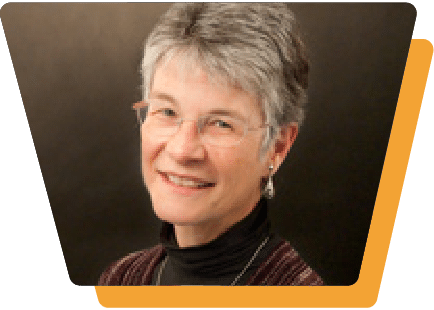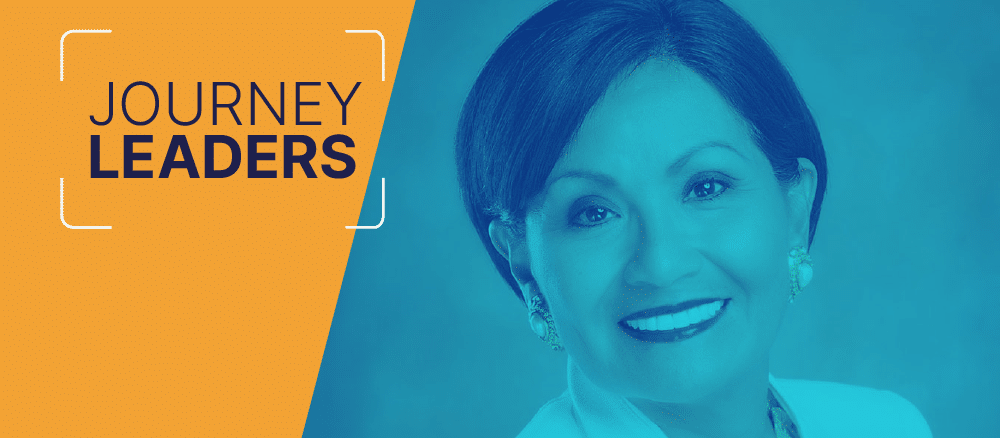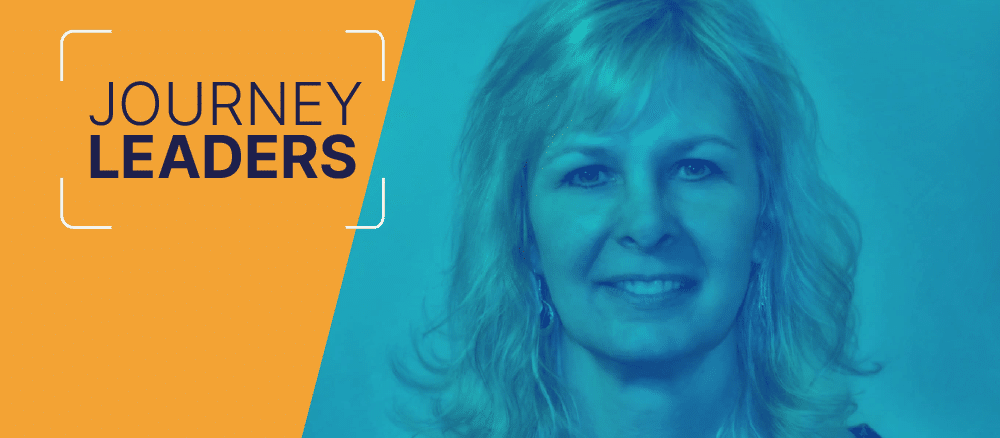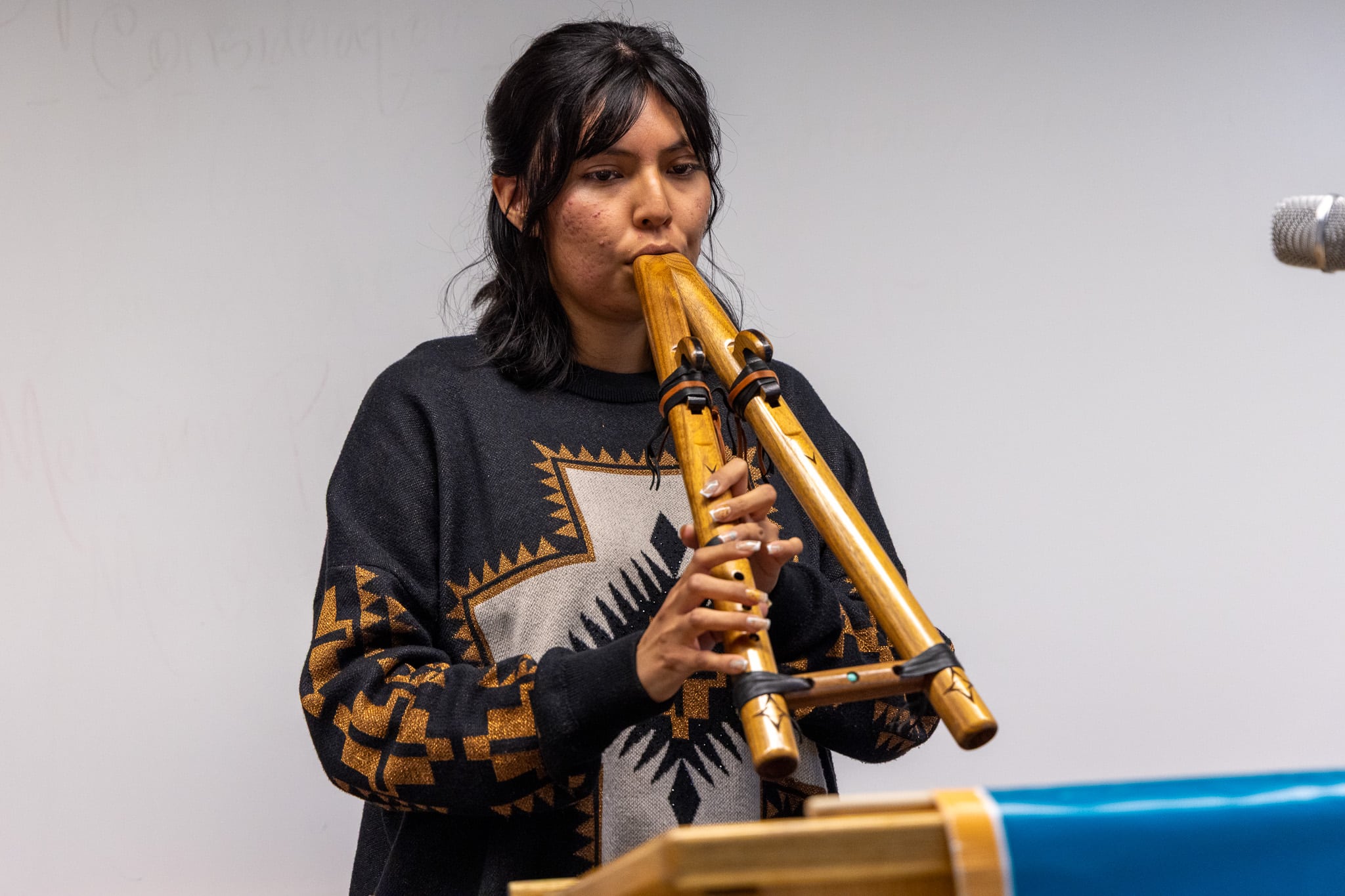The Siyaphumelela (“We Succeed”) initiative aims to enhance South African universities’ data capacity to enhance student success. Led by the South African Institute for Distance Education (Saide) and funded by The Kresge Foundation, Siyaphumelela has been developing and scaling equity-centered transformations across South Africa since 2014.
ATD has been a key partner in this work for almost a decade. Over time, the initiative has expanded from five initial participating universities to 17, and Kresge recently announced renewed grant funding that will bring the work to up to 20 total institutions.
We spoke with Carol Lincoln, senior vice president of Achieving the Dream and a founding staff member, about this longstanding partnership. Carol has been a key leader in ATD’s support of Siyaphumelela, with a background in international work focused in Africa that gives her extensive knowledge of the challenges, growth, and promise of higher education in the region.
Keep reading to learn more about this international collaboration, how the work has grown since 2014, and what American institutions can learn from the success stories of South African universities.
Q&A with
Carol Lincoln
Q: How did ATD first become involved in student success work in South Africa? What was the focus or goal at the outset?
A: South Africa is a young democracy that has sought to increase access to higher education. Enrollment has more than doubled and students from economically marginalized backgrounds are a growing segment of university student bodies, but South African universities were designed for a very different type of student. Kresge wanted to help universities in South Africa navigate these changes in enrollment and reduce equity gaps. The reform movement in the U.S., led by Achieving the Dream, was advancing rapidly in the States which caused Kresge to wonder if lessons learned here might transfer to the South African context.
Kresge invited several higher education leaders from South Africa to attend DREAM in 2012 to consider whether a collaboration with ATD might help advance reform in South Africa. The delegates were impressed and encouraged Kresge to facilitate a partnership. In 2014, ATD received grant funding to support Saide as it launched the Siyaphumelela (“We Succeed”) initiative. Our job was to help build data capacity at public universities as they worked to build a culture of inquiry and evidence that would lead to improved outcomes for their students.
—
Q: Can you tell us more about the key players involved in this effort?
A: Similar to ATD in the U.S., Saide forms a backbone organization that provides coaching and peer learning experiences to build capacity for change at participating universities. The Siyaphumelela work started at five pilot universities and grew over time to include 17. In June of 2023, Kresge announced it would provide support for the project to grow to up to 20 universities over the next three years.
Kresge funds Siyaphumelela, but the universities also receive funding from the South African government. Kresge funds ATD to provide support to Saide and the universities by sharing lessons from our reform work, building capacity for data-driven change, and connecting Saide and university leaders to practitioners in the U.S. whose expertise can benefit South Africa.
—
Q: What were the issues in South Africa that Siyaphumelela aimed to address at the beginning of the project? What were ATD’s contributions in this early phase and what was your role in bridging the differences between U.S. and South African contexts?
A: ATD’s role in the first phase of Siyaphumelela was to support the pilot colleges via coaching aimed at increasing institutional data capacity for evidence-based decision making. We provided on-site data coaching and hosted delegations to DREAM and other learning events.
As project coordinator, I’ve been a thought partner with Saide and its coaches, alongside others on our ATD team. We bridge contexts by communicating frequently and listening to each other. We’ve hosted site visits to ATD Network institutions and in preparing for those, we always ask what South African delegates are most interested in learning about and seeing. At every DREAM we’ve hosted a delegate dinner at historically or culturally important places in the U.S.; those dinners have become enjoyable ways of better understanding our respective histories, cultures, and contexts.
—
“We learn from each other regardless of our geographic and institutional differences. The challenges we face are very similar and the solutions are largely the same, too.”
—
Q: How has ATD’s work with Siyaphumelela — and your role in this project — changed since 2014? Where have you seen progress and what are the challenges South African universities are prioritizing now?
A: For the first five years, we were helping to support the launch of Siyaphumelela by building data capacity at five public universities. When Siyaphumelela expanded to more institutions in 2019, we helped Saide develop its own local coaching cadre to work with expansion sites. The newest expansion of Siyaphumelela will likely have ATD doing three things: Help Saide redesign its coaching model to serve up to 20 participating universities, continue to support the learning community via DREAM and other events (eight delegates attended the 2023 Data & Analytics Summit, for example), and help Saide plan for sustainability beyond Kresge’s latest three-year grant period. With as many as 20 of South Africa’s 26 public universities soon to be participating in the initiative, Siyaphumelela is positioned to be a powerful influence on higher education in the country.
There has been growth in data capacity at all of the participating colleges — every presenter at the most recent Siyaphumelela Conference spoke to the importance of data for tracking progress and making decisions. The national government has provided support, too, via funding for student success interventions and the development of national data warehouses and data systems.
With the influx of lower-income students, many South African universities understand they must prioritize reform of teaching, advising, and holistic student supports so that more students succeed in higher education. There is also concern about the “missing middle” in higher education, with many middle-class families unable to afford tuition for their children but earning too much to qualify for national financial support. Another challenge has been the decline in enrollments, persistence, and completion by African males.
—
Q: ATD is known as a leader in institutional reform in the United States, where colleges have specific equity challenges and goals for student success. Can you give an example of the ATD reform model that was easy to translate to the South African higher education context? And inversely, an aspect of the work that required adaptation to meet universities’ needs?
A: Building data capacity was easily translatable, as were most of the Institutional Capacity Assessment Tool (ICAT) areas. A group of South African delegates worked with our data coach Jan Lyddon to contextualize ICAT to their experience. Where ICAT has been used, it has had a similar impact on Siyaphumelela universities as on ATD Network institutions, stimulating conversations about capacity-building priorities.
Perhaps the biggest adjustment is to account for the size of South African universities compared to the size of most community colleges. Participating universities serve 24,000 to 50,000 students, sometimes more. The ATD Network includes numerous small, medium-sized, and large institutions from nearly all 50 states, so when sharing best practices, we have to think about how the work needs to be contextualized for different governance structures and with larger faculty and staffs.
—
Q: What can American institutions of higher education learn from the wins, challenges, and lessons learned through the Siyaphumelela project?
A: Siyaphumelela has designated several universities to lead particular workstreams, such as one focused on academic advising led by the University of Free State and another focused on holistic student supports led by Durban University of Technology. The lead university builds a collaborative learning community to develop effective policy and practice related to their reform topic and hosts regional learning events open to nearby institutions. This could be a model for our Leader Colleges of Distinction to spread effective practice regionally and across state lines.
We learn from each other regardless of our geographic and institutional differences. The challenges we face are very similar and the solutions are largely the same, too, with adjustments for local context.
In both countries, the need for institutions to redesign themselves to be more student-ready is the same. Effective teaching practices, holistic student supports, and advising are all part of the equation. Using data to drive change is the same principle in each setting. Though it may apply to different groups in each country, equity is a guiding principle that shapes the work of both Siyaphumelela and the ATD Network.
—
An international partnership
ATD staff and coaches provide strategic support to the Siyaphumelela (“We Succeed”) initiative, which seeks to broaden evidence-based university student success strategies across South Africa.
Learn moreKeep Exploring




